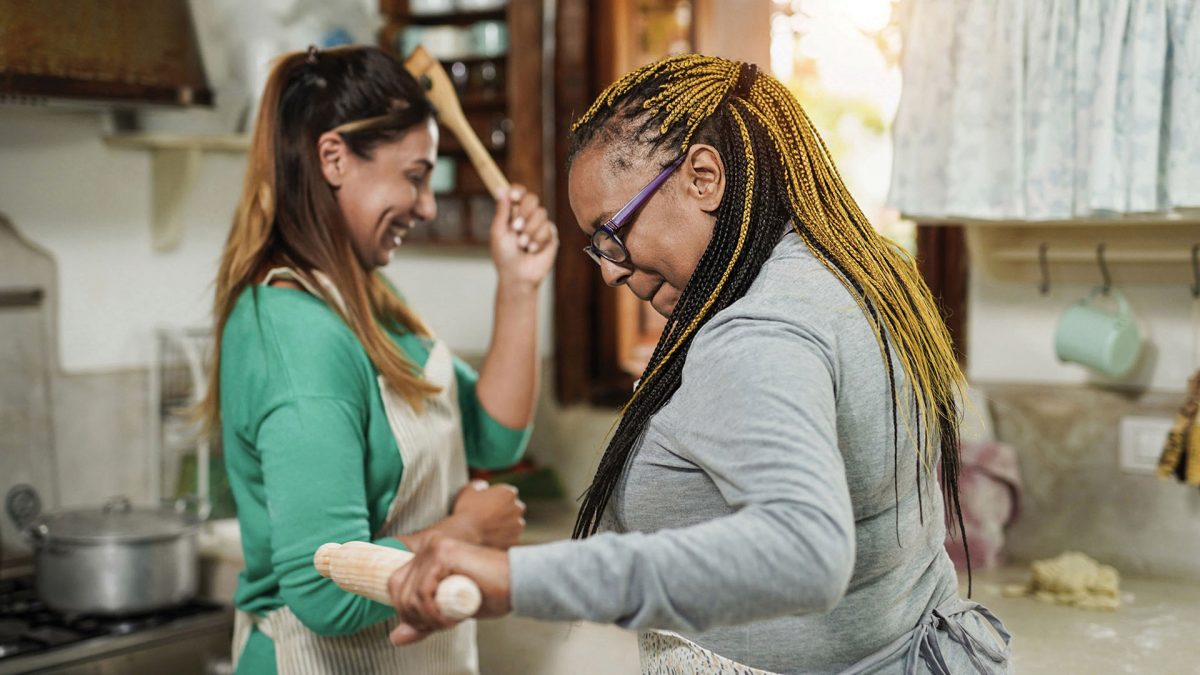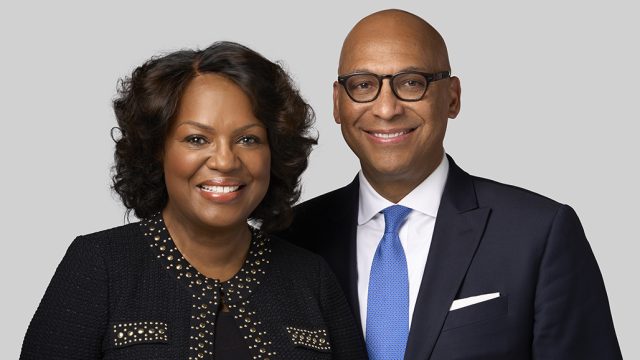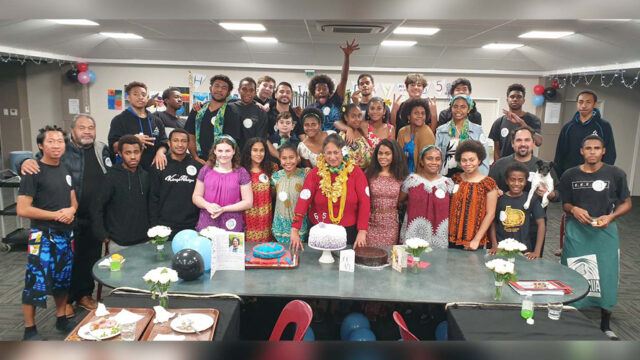Why we share stories

From a distance the scene may appear chaotic. A group of women working around a table kneading dough for pastries and dumplings, flour on their colorful aprons, moving from steaming pots of seasoned steamed vegetables and rice, stirring the boiling beans and potatoes, peeking into the oven at the main dish (the one with the secret ingredient only Auntie Carmen knows). Simmering fresh fruit shiny with honey moved to a cooling rack, cupboards opening and closing for spices to season the stew. A small sprinkle of sugar for the pastries with a wisp of coconut shavings, and the soft sizzling sound of onions sautéed in the right fashion. The room is loud with laughter and interaction! Yet nobody’s task is ignored. Three ongoing conversations happen all at once, and everyone can keep up with the evolving pace of each individual story, kneading in comments, mixing lighthearted words.
As a child I imagined each dish prepared had pieces of stories baked in or delicately stirred through use of observation, insight, a joke, a profound thought, even a cautionary word. The table set and after a prayer of gratitude over the meal, I feasted on these stories as if every word were cooked, prepared, and served just for me. A banquet of stories.
Why do we share stories? Stories help us make sense out of our lives.¹ They engage us in communication at a personal, deeper level, where empathy and understanding take place; where humanity encounters the thin, fragile threads of emotions and logic; the place where the improbable is tangible through personal and shared experiences.² I believe stories can bridge a chasm and shorten a learning curve; we gather valuable lessons from stories that do not belong to us but are shared with us. I think back to that childhood banquet of stories.
INSPIRATION
Sunday morning I set the table for a brunch in honor of Erin, a new friend. I listen to my friends talking and laughing in my kitchen. These friends are family, as we have shared stories, shared a spiritual journey, reminded one another of meaningful, honest, and true stories we hold on to during emotional fires of our lives. We are cooking this meal together. Erin’s mother, Cindy, passed six weeks ago. Being the only child, Erin remained in town taking care of the painful details of closing this chapter of her life. My friends and I all cared for Cindy, visited her, and spent time with her in the last year of a long, painful illness. Erin and Cindy had not spoken in 10 years.
Honoring Cindy’s wishes, I was tasked, as the chaplain in the group, to make “that phone call” that changes someone’s life. A phone call that is often remembered by exact time, date, and where you were when loss, unknown circumstances, and grief knocked at your door and let themselves in.
I carefully place a small cedar box next to Erin’s place setting, a promise we made to be kept.
As my friends all welcome Erin at once, a familiar scene unfolds. Erin arrives and is whisked away into the kitchen, given a task, and immediately included in the ongoing storytelling. I smile as Erin’s overwhelmed expression shifts to laughter. Maybe this is why sharing stories is so important: to be together, as He invited us to be. Sometimes I forget how God provides the opportunity to share our spiritual journey, our emotional connections to others. As Christians we have the most amazing story to share!
The table set and after a prayer of gratitude over the meal, the cedar box is opened, and Erin slowly takes out six recipe cards. She recognizes the food items that she helped prepare are courtesy of her mother’s recipes. Under the recipe cards is a picture of Cindy holding little baby Erin. Speechless, she shakes her head: “She left these for me?” Erin looks around the table at those who cared for her mother: the nurses, the physical therapist, the chaplain. No formal titles now, just friends. I tell her that we all listened to Cindy’s stories about her beautiful daughter who had six favorite dishes. I remind her of the beautiful prayers Cindy would lay at the Creator’s feet, humbly, in honest request that Erin would “come back home.” “She prayed for me?” Erin whispers. So much to share.
The silence is heavy, brief, but the moral of the story is embraced. Just like that, the stories begin. No tears. Instead, a movable feast of precious memories for Erin. Cindy left more than recipes for a meal. She left Erin the reminder of prayer, spiritual feeding of the soul, so much thicker than thin threads from the emotional to the logical. A bridge to mend a 10-year chasm through a meal to nurture the body. Laughter will be not be spared, for Erin is truly feasting on words prepared, cooked, and served, just for her.
¹ Joseph Campbell, The Hero With a Thousand Faces, 3rd ed. (Novato, Calif.: New World Library, 2008), pp. 25-29.
² Ibid.








